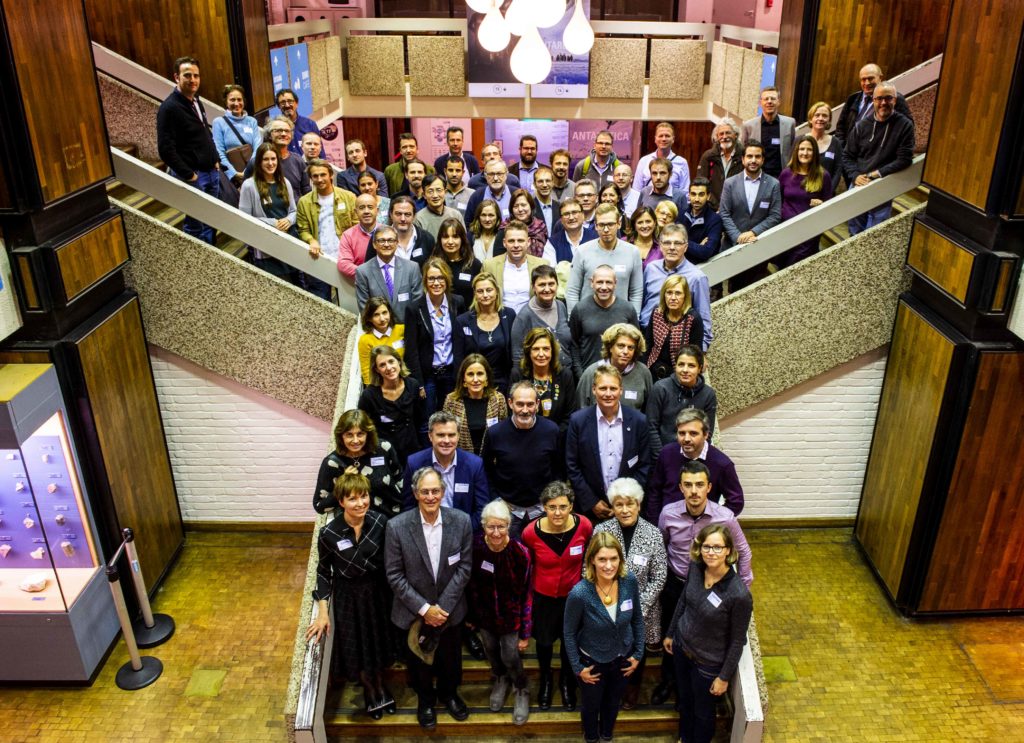55 ocean observing, data and modelling organizations are meeting in Brussels this week at the kick-off of a new European project EuroSea. EuroSea is an innovation action receiving €12.6 million from the EU Horizon 2020 programme. “The aim of the project is to better combine existing capacities in the European ocean observing, fill existing gaps and make the resulting data and information available to users more easily,” said the EuroSea coordinator Dr. Toste Tanhua of the GEOMAR Helmholtz Centre for Ocean Research Kiel.
Partners in the EuroSea consortium are both scientific institutions and private organizations from 13 European countries, Brazil and Canada. In addition, there are international institutions and networks such as the World Meteorological Organization (WMO), the Intergovernmental Oceanographic Commission of UNESCO (IOC-UNESCO), the European Marine Board and the European part of the Global Ocean Observing System – EuroGOOS. Partnerships with industry will allow EuroSea to develop fit-for-purpose ocean technologies and services and secure their continuation after the end of the project.
EuroSea will not only improve ocean observations, it will also focus on the quality and usability of the collected data, and on operational forecast services. EuroSea builds on the achievements of the Horizon 2020 AtlantOS project and continues the work begun there in all European sea basins and across the Atlantic.
“We want to pave the way for a sustained ocean observing system that not only provides researchers, but also users such as fisheries, aquaculture, coastal protection, offshore energy generation and ultimately the public with the information they need and demand. In doing so, we are also contributing to the United Nations’ sustainable development goals, the UN Decade for Ocean Science for Sustainable Development, and the G7 Initiative Future of the Seas and Oceans,” said Dr. Tanhua.
EuroGOOS is co-leading the EuroSea work package 1 on governance and is leading work package 8 on communication spanning engagement, dissemination, exploitation and legacy. EuroSea brings together many EuroGOOS members and the broader EuroGOOS community across the EuroGOOS regions, ROOS, and the task teams. Five of the EuroGOOS task teams contribute to the EuroSea work package on networks integration (WP3) which is co-chaired by EuroGOOS chair George Petihakis (HCMR).
The EurSea project kick-off is hosted by the Royal Belgian Institute of Natural Sciences (RBINS) and organized by GEOMAR, RBINS and EuroGOOS.
EuroSea is funded by the European Union in the framework of The Future of Seas and Oceans Flagship Initiative, under the grant agreement 862626.
Discover EuroSea on the project’s website and via Twitter.

EuroSea consortium at the project’s kick-off meeting, 27 November 2019, Brussels
The post Ocean knowledge & services for sustainable development: Horizon 2020 EuroSea project kicks off appeared first on EuroGOOS.

















